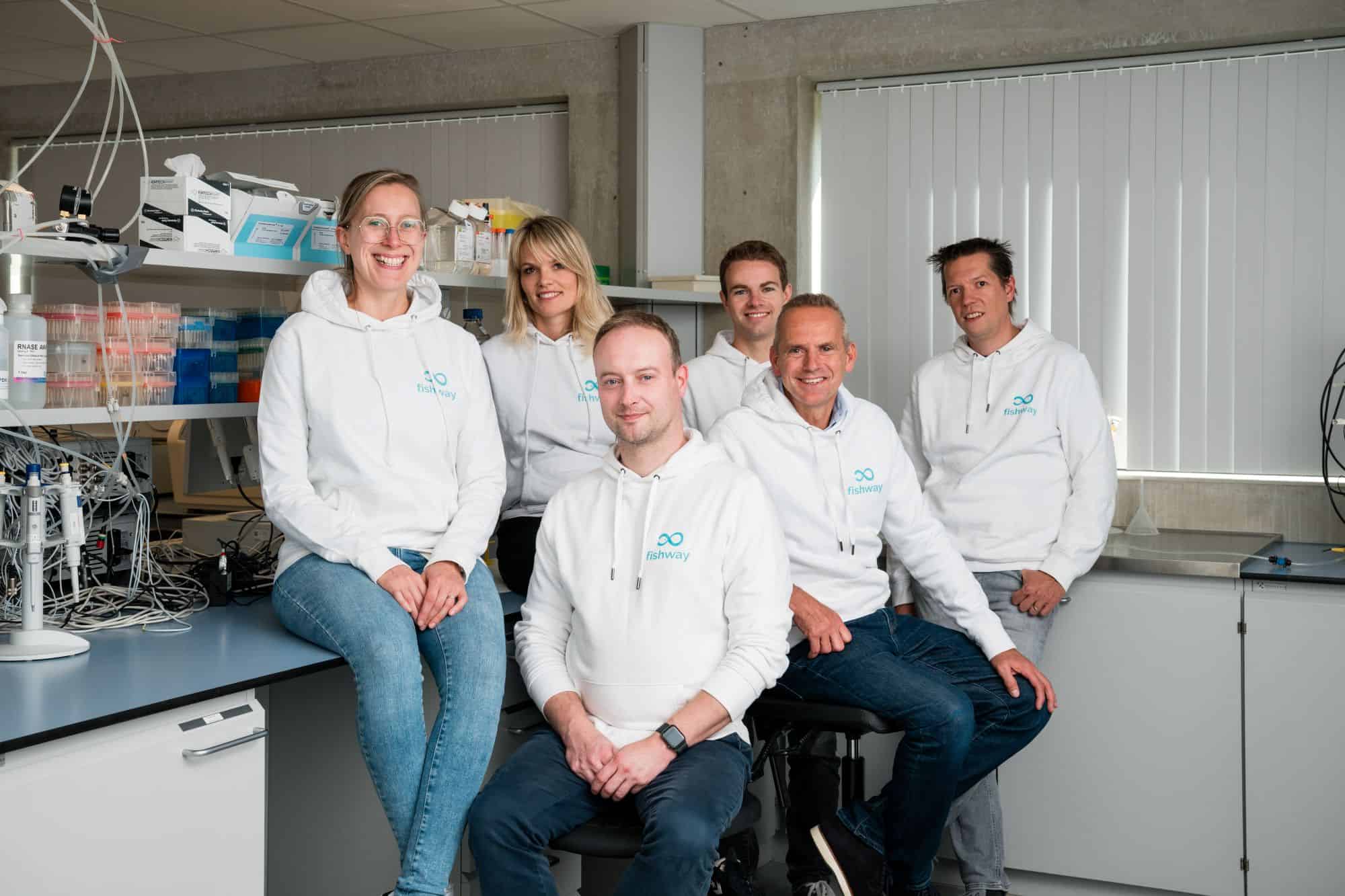Ever After Foods, the developer of a proprietary technology platform for cultivated meat production, has announced a collaboration with Bühler, a global company producing processing equipment for foods and advanced materials.
Together, the two companies will work to bring a commercial-scale cultivated meat production system to market. The system will reportedly allow for production at a ten-fold lower scale than existing technologies.
“The global food chain faces significant challenges if we are to successfully and sustainably feed our growing population,” said Ian Roberts, CTO at Bühler. “How we produce and consume protein will continue to change, and requires a transition of our protein system to deliver this. Powering cultivated meat production at scale with a patented production system, Ever After Foods will help the food industry keep pace with the protein demands of a growing global population.”

“Driving the development of tailored solutions”
Ever After Foods first announced the launch of its patented bioreactor platform in 2023. At the time, the technology was claimed to provide a 700% increase in productivity while utilizing fewer resources than other platforms. Last year, the company — which is a subsidy of Israel’s Pluri — raised $10 million to become a technology enabler for cultivated meat producers.
Ever After Foods is now working closely with selected cultivated meat companies and food industry leaders to accelerate the development and deployment of its proprietary edible packed-bed (EPB™) technology platform.
“The cultivated meat industry must move beyond relying on pharma-based technologies and adopt solutions specifically designed for food production,” said Eyal Rosenthal, CEO of Ever After Foods. “Our strategic collaboration with Bühler, a global leader in food equipment, is a critical step toward delivering scalable and efficient technologies that empower cultivated meat producers and food companies to bring their products to market. Together, we are driving the development of tailored solutions to sustainably scale cultivated meat production.”




